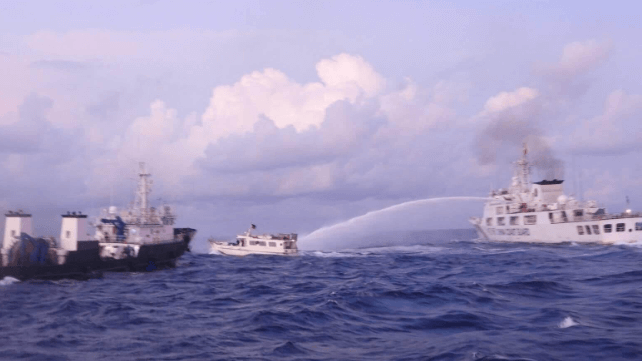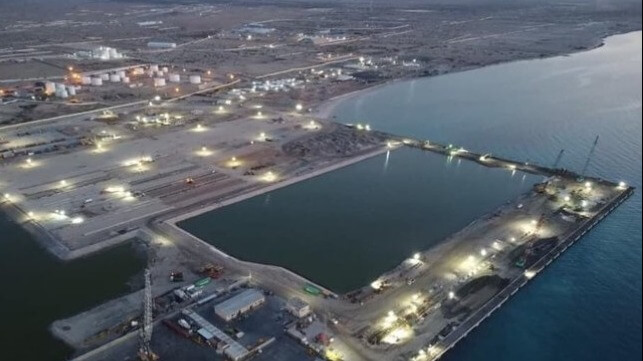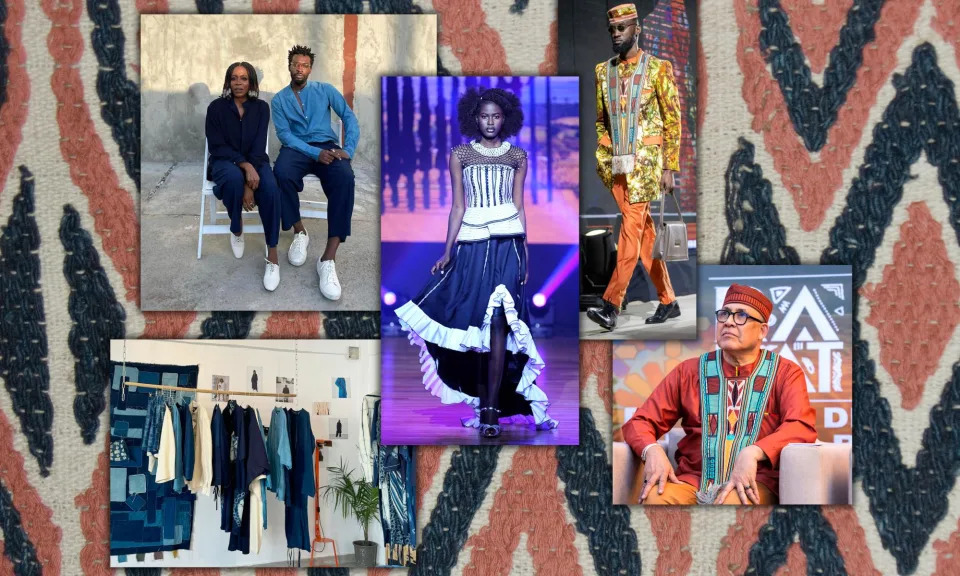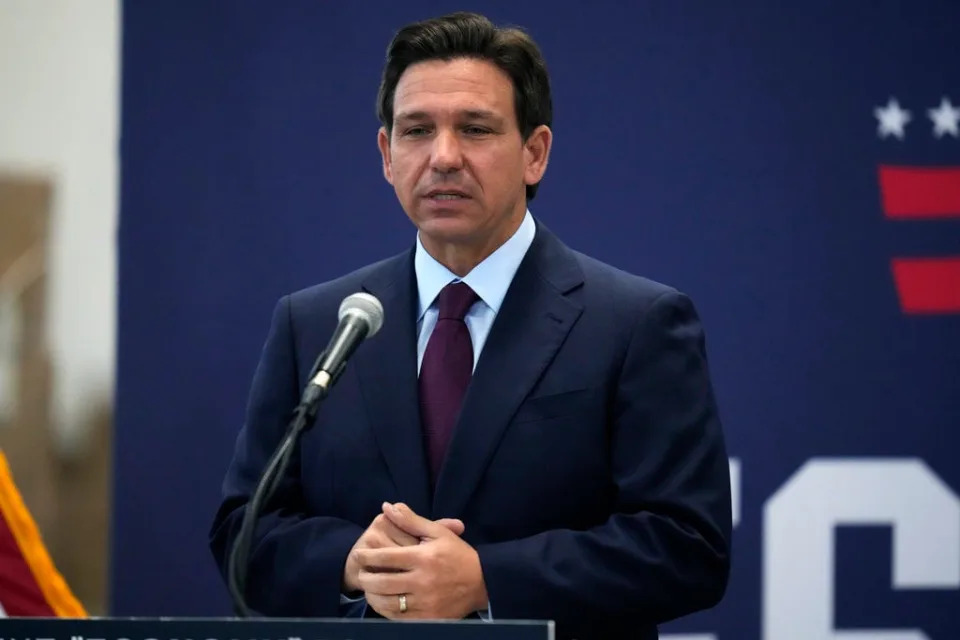Eight Missing After New Bunker Vessel Collides with Chinese Fishing Boat
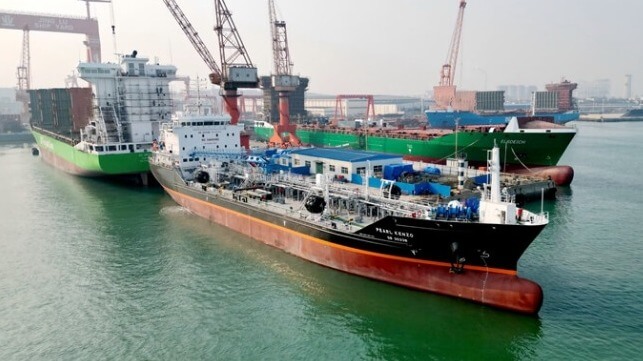
Chinese authorities are investigating an accident between a new Singapore-registered bunker vessel that had just completed construction in China and a fishing boat. The Maritime and Port Authority of Singapore released the details after it received information from the China Maritime Safety Administration.
According to the reports, the accident took place a week ago on December 26 when the new bunker tanker was making its way from Chenghan Jiao in Northern China to Zhoushan. The vessel was built for Consort Bunkers which has operations in both Singapore and Zhoushan. It is unclear from the reports if the tanker may have been on her delivery run from the shipyard to her home base in China or if the plans called for her to proceed to Singapore.
The 7,999 dwt tanker Pearl Kenzo was built for Consort as part of the bunker company’s expansion effort. The new vessel is 377 feet (115 meters) in length with a reported top speed of 12 knots. She was underway on December 26 when shortly after midnight she collided with a Chinese-flagged fishing vessel Suiyupu 0183.
The China Maritime Safety Administration organized a search and rescue mission. They informed the MPA that the fishing boat had sunk and eight crewmembers were missing. The crew of the bunker vessel was reported uninjured.
The vessel had just completed construction earlier in the month at Jinglu Shipbuilding. The naming and handover ceremony took place on December 18. The shipyard highlighted the ship has unique capabilities with a special coating for its tanks that gives it extra versatility in its cargo operations. It can load up to 9,000 cubic meters and also adopts a double-hull structure for its tanks for increased safety and environmental security. It was apparently traveling without cargo at the time of the collision and there are no reports of environmental spills from the accident.
The Chinese officials are reporting that after the accident the bunker vessel has remained anchored at Shidao in northern China while the investigation is underway.
